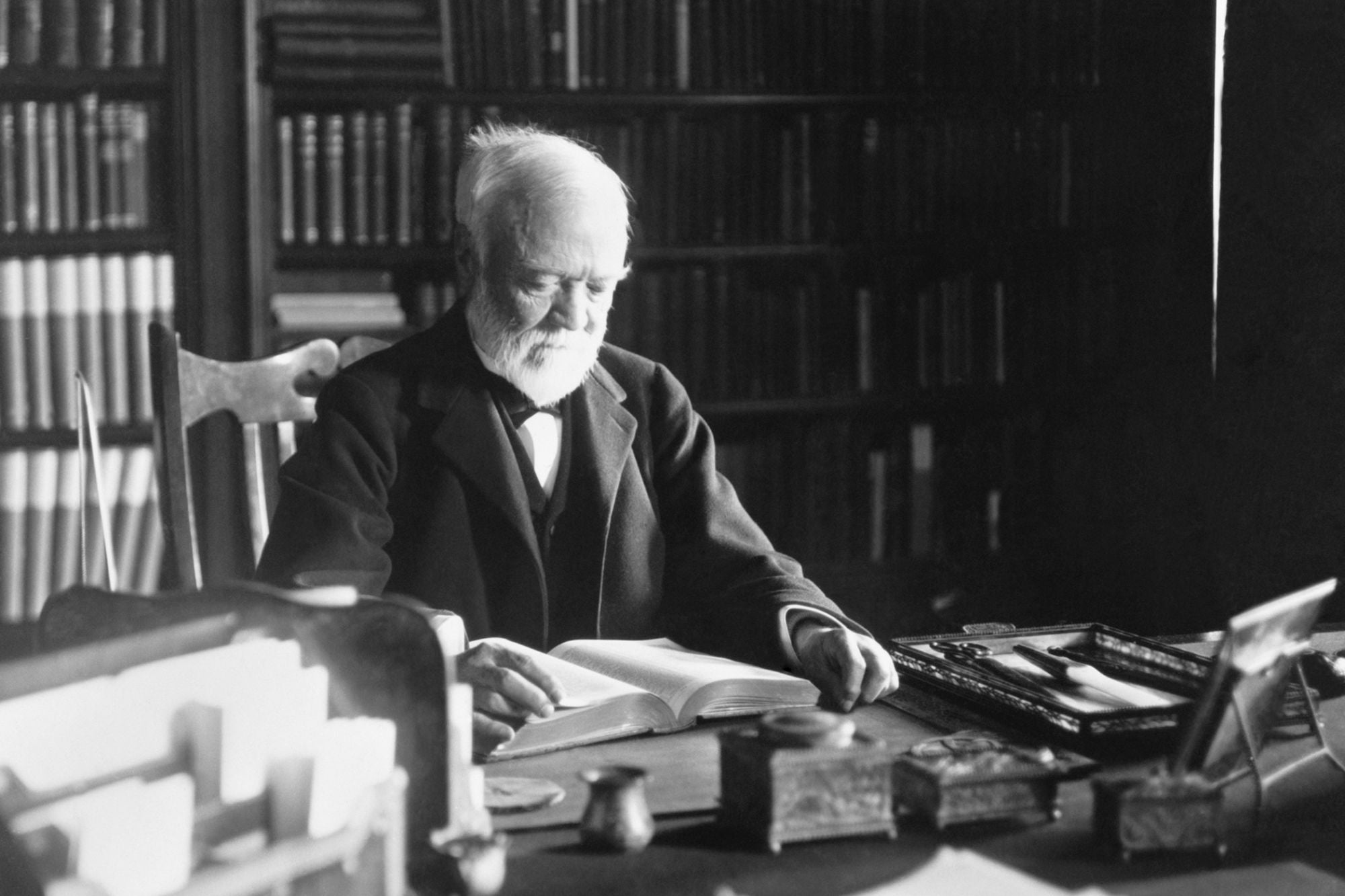The Hiring Conundrum: Experience Versus Potential Weighing the benefits of hiring an experienced candidate who will cost the business more, versus one who has potential and will definitely cost less.
Opinions expressed by Entrepreneur contributors are their own.
You're reading Entrepreneur Middle East, an international franchise of Entrepreneur Media.

When it comes to hiring, especially for startups, most entrepreneurs are stuck in a particular conundrum: should we hire an experienced candidate who will cost the business more, or one who has potential and will definitely cost less?
Throughout my entrepreneurial career, I have done both on different occasions. While the experienced candidate may seem to cost the business more on a month-by-month basis, the one with no experience can cost the business a lot more in the long run.
To start with, the inexperienced employee will very likely waste everyone's time. There's a balance between giving someone a little more than s/he can chew so that they eventually have the teeth to chew it, versus giving them a lot more than they can chew that they end up with a locked jaw.
The inexperienced employee will also cost the business a lot of time from more senior employees, as they teach him/her the tricks of the trade. Whereas the more experienced candidate probably only needs induction on the job, as well as an understanding of the company culture, and then they'll be able to fly on their own.
Indeed, one of the ABCs of starting your own business is to hire people who are smarter and better than you are. They help you grow, and add a lot to the business. If managed well, they also tend to add a lot to the environment, and turn it into a learning culture.
Related: Five Things You Need To Know Before Interning At A Startup
Of course, there are always exceptions. When I was managing my design studio, one of the people I hired was someone who had the potential to be great, but didn't have the experience. Indeed, I was crazy enough to hire a designer who could not design- he had no experience whatsoever; he could not even open Photoshop.
But his attitude was great. And he really wanted to be a designer. So, I told him I'd give him the salary of a junior designer, and would start the probation period one month after he's hired. For the first month he worked with us, I made him work on real projects, but I always had a backup. Our agreement together was that I'd give him a month to create a portfolio through our company and our clients, and then he'd be treated as an employee in the company.
This boy was so grateful for the opportunity, and he gave us everything he could. He went home every night and researched more and practiced using lots of different design tools. He always had questions, and he always went over and above expectations.
Within a few weeks, he had become a star. He was definitely difficult to manage, but he was dedicated and loyal. As is the case with everything, he moved on to another company, then another, but we stayed in touch- after all, as I told him: "You are one of my personal investments."
I had seen the potential in this young, crazy boy who applied as a designer with no portfolio, and I wanted him to be something. He reached out to me recently, and he told me he's currently working in one of the biggest branding agencies in the region. I still ask him to freelance some things for some of my clients and projects.
So, going back to my question: hiring for experience, or potential? I guess I would always tell you to follow your gut feeling with this. But if you're willing to put in enough time and effort to train a candidate with great potential but little experience, it becomes very rewarding. If not, then save by spending more on the candidate who will take you to the next level.
Related: Five Reasons Why You Should Consider Fresh Graduates When Hiring For Your Organization













